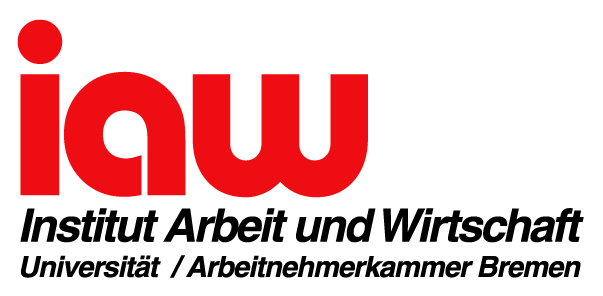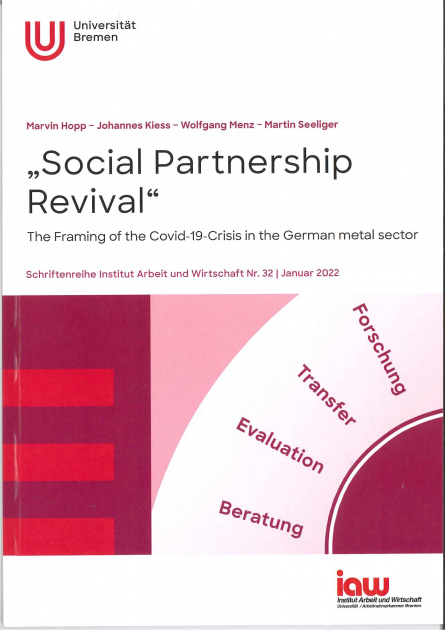This paper examines how the collective bargaining parties of the German metal and electrical industry, Gesamtmetall and IG Metall, portrayed the Corona crisis in the public sphere. The empirical basis consists of press releases, guest contributions by the chairpersons and press interviews. The framing perspective adopted by this study promises to shed light on how the collective bargaining parties assess the social partnership's ability to act and what priorities they set. Social partnership is also coming under increasing pressure in the core areas of the German economic model. This is also reflected in our analysis: While at first glance there is a coalition of interests in the description of the crisis and the call for state aid to support the economy and safeguard employees, this is characterized by a strong imbalance. It is not just a matter of purely strategic cooperation on specific issues.
The employer-side also insists on wage restraint and leaves unanswered union calls for a more farreaching joint assumption of responsibility. Particularly against the backdrop of further effects of the pandemic on the labor market, this weakens the unions' bargaining power and puts further pressure on the institutional pattern of social partnership.
Hopp, Marvin; Kiess, Johannes; Menz, Wolfgang; Seeliger, Martin, (2022): „Social Partnership Revival“ The Framing of the Covid-19-Crisis in the German metal sector, Erschienen in: Schriftenreihe Institut Arbeit und Wirtschaft Bd. 32 // Download PDF





